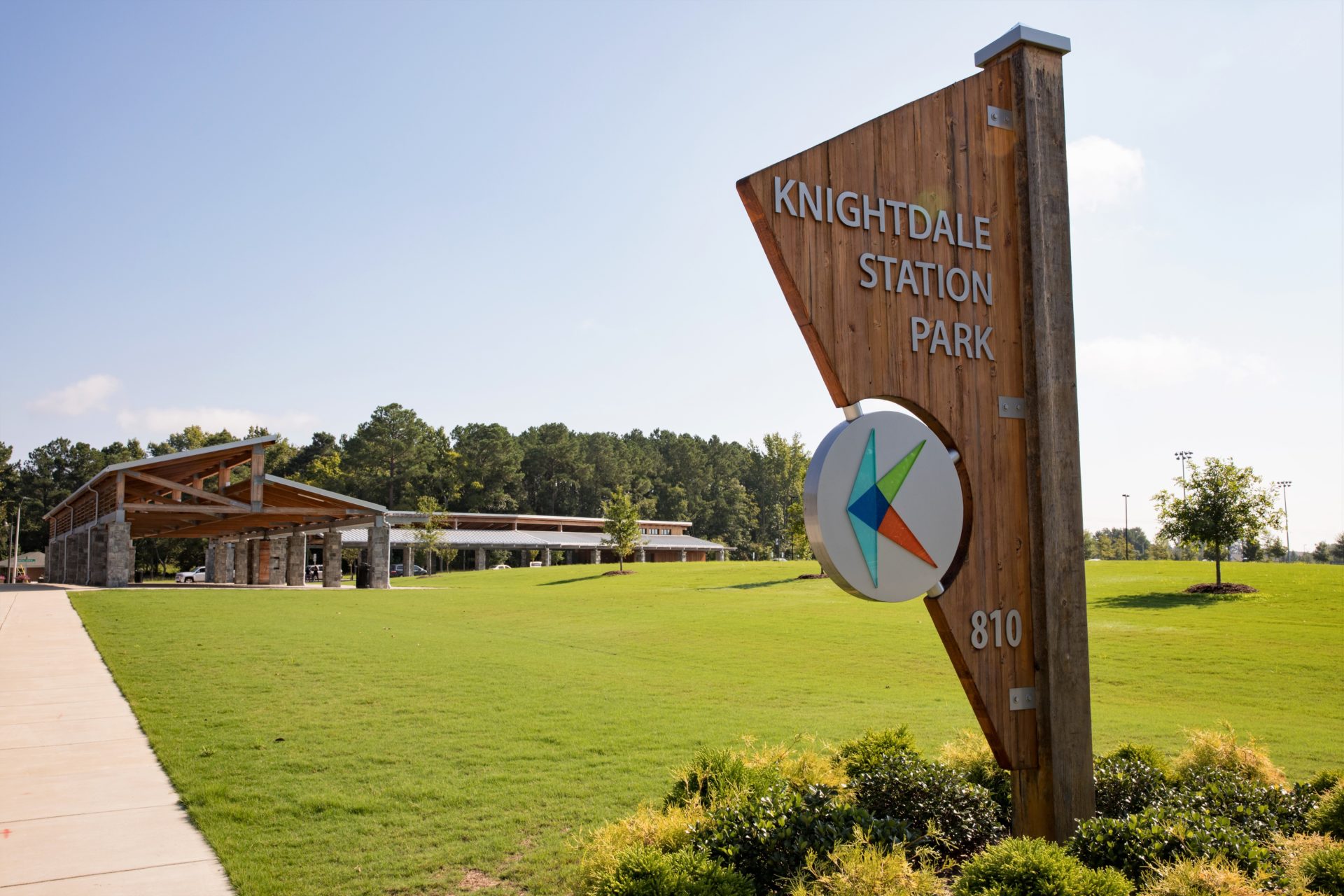Housing affordability is an issue of rising concern in our fast growing urban area where rental and property costs are rising fast. We simply need more housing in general and ways to expand housing choices in existing neighborhoods to promote walkable, transit-oriented development. While many approaches are needed for affordable housing, one option on the table is accessory dwelling units (ADUs aka granny flats).
Some city councilors say ADUs should be approved but only in neighborhoods that have voted for an overlay district to allow them. Mayor McFarlane and other city councilors support ADUs without an overlay district restriction because it means an onerous requirement that would delay permitting ADUs. The city council is divided.
Several civic organizations sent two letters to the Raleigh City Council supporting ADUs, with one that offers a compromise approach to allow Accessory Dwelling Units (ADU). Read the letters here.
If you support ADUS, contact Raleigh City Council NOW at citycouncilmembers@raleighn
The need for affordable housing was the hot topic of Raleigh City Council elections. Likewise, in 2017 Wake County Commissioner Jessica Holmes led an affordable housing committee comprised of experts, civic leaders, and advocates charged with developing an action plan for increasing affordable housing for people on a range of income levels. One recommendation of Wake’s Affordable Housing Plan (approved by the Wake County Commission in October) is permitting Accessory Dwelling Units (ADUs), commonly known as “granny flats” or “backyard cottages” in our cities. ADUs are small housing units located on the property of a single family home usually lived in by relatives, such as older in-laws or young adults. AARP recommends ADUs as a way to let seniors age in place and remain part of neighborhoods. Also, taxpayers would not foot the bill for ADUs (since private homeowners would) while most affordable housing is taxpayer subsidized. All other major NC cities permit ADUs and none require the overlay district.
One fourth of Wake households are “housing challenged,” meaning they are spending more than a third of household income on housing. Rising property values and rents in the last few years are making housing that is affordable for working people harder to find. Wake is losing more affordable housing than is being built.
Learn more about affordable housing here.

